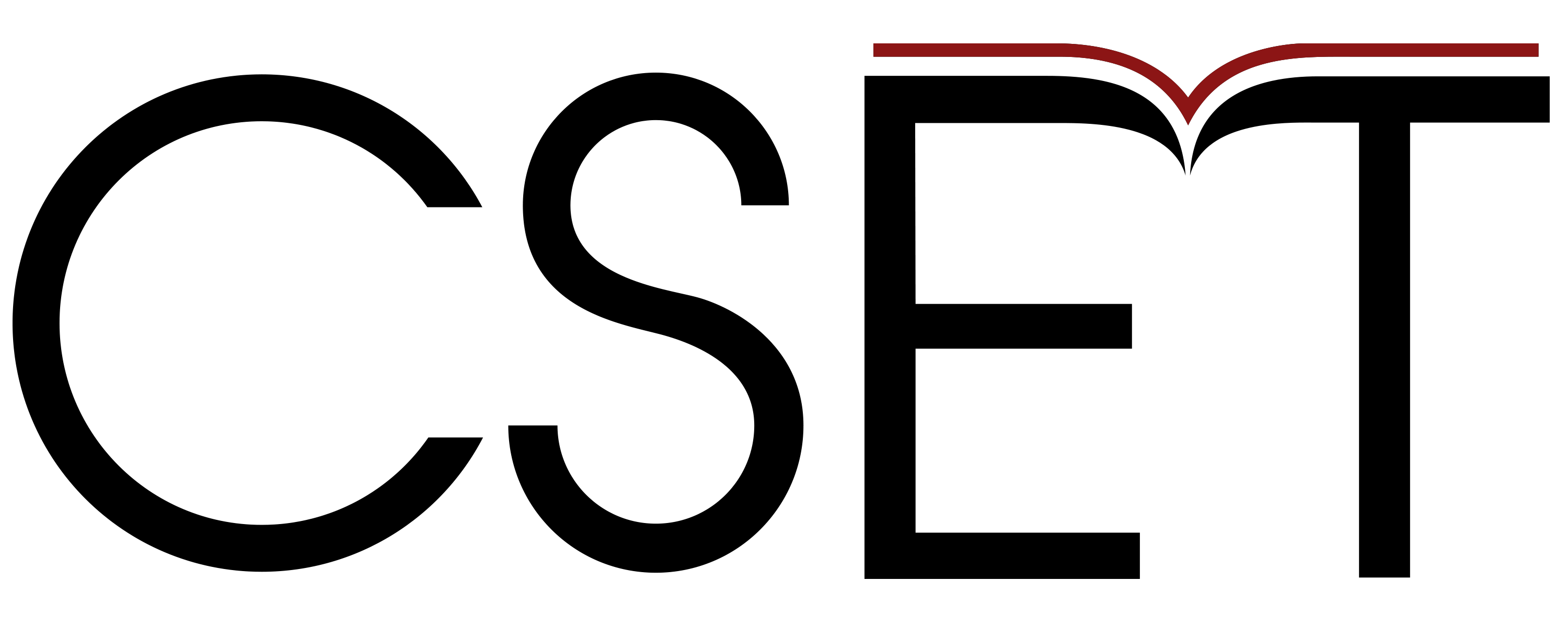BioRETs INSPIRE Program
Connecting real-world biology research experience with classroom practice!
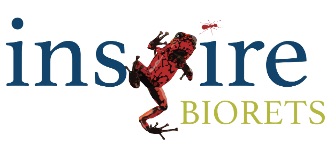
The INSPIRE program is a partnership between Bay Area life science teachers and researchers in Stanford laboratories to enhance teachers’ research skills, content knowledge, and pedagogical approaches through an immersive, lab-based experience with support from a pedagogical coach.
INSPIRE Program
Through the BioRETs INSPIRE program, teachers will…
-
Enhance research skills, content knowledge, and pedagogical approaches through an immersive, lab-based experience.
-
Support planning equitable learning opportunities that translate the lab experiences into classroom experiences that support students’ understanding of how interspecies relationships are critical to human and ecosystem health in ways that are authentic and humanizing.
-
Build professional community with other teachers and between teachers and researchers.
INSPIRE includes:
-
6-weeks working on site at Stanford as part of a biology research team culminating in teachers presenting their research findings in a poster symposium.
-
Exposure to a range of topics and approaches to studying interspecies interactions through presentations by Stanford biologists on their research, journal article discussions of the scientific literature, and activities that engage you with current research methods.
-
Professional learning centered on building pedagogical skills for creating and facilitating opportunities for students to engage with authentic science practices and connecting research experience to teaching practice.
-
Ongoing professional development and support during the school year to implement summer learnings.
INSPIRE Details
APPLICATIONS DUE March 15th, 2025
Who is Eligible:
-
Teachers must have taught for at least two years by the end of the 2024-2025 school year.
-
Applicants must hold a current California teaching credential for science at the secondary level
-
Teachers must be committed to teaching science to students in at least one grade level between 7-12 for the 2025-26 school year.
-
Applicants teach within the greater Bay Area and are able to commute to the Stanford campus daily in the summer.
We are particularly interested in:
-
Teachers who work with underserved students.
-
Teachers who work in under-resourced schools, including those in rural and urban communities.
-
Teachers who are committed to improving instructional outcomes for all students in their science classrooms.
-
Teachers who want to engage in the translation of cutting edge research into meaningful learning experiences for their students.
What participants will be committing to if selected for the 2025-2026 program:
-
Summer research experience that runs from 6/9/2025 - 7/25/2025
-
Attending orientation during the week of June 9th, 2025.
-
Spending ~20-25 hours per week working on a collaborative research project.
-
Spending ~8 hours per week preparing for and participating in professional learning sessions.
-
Spending ~10-12 hours per week developing an Education Transfer Plan that incorporates their research experience into their curriculum
-
-
Presenting research at a Stanford Department of Biology poster symposium in late August/early September.
-
Engaging in coaching sessions during the school year focused on implementing Education Transfer Plans.
How are participants compensated:
-
Participants are eligible for a variety of financial support including:
-
Up to $8,000 in stipends paid throughout the program.
-
Summer: $6,000 for participating in the summer research experience, professional learning days, and completing the summer survey.
-
Fall: $1,300 for presenting research at the B-SURP Poster Symposium, developing an Education Transfer Plan, and engaging in 2 coaching sessions during the fall semester.
-
Spring: $700 for engaging in 2 coaching sessions and completing the end of program survey during the spring semester.
-
-
$2,600 in classroom supply funds to purchase materials, equipment, software, or other supplies for developing classroom instruction and experiments.
-
Up to 7 Continuing Education Units that cost $75, which can be deducted from the classroom supply funds.
-
When will the program take place:
-
Program 2025-2026 Calendar
-
Virtual Orientation - June 9th-10th, 2025
-
Orientation - June 11th -13th, 2025
-
Research Experience: June 17-July 25, 2025
-
Poster Session: end of August
-
Education Transfer Plans due August 31st, 2025
-
Coaching #1: September 2025
-
Coaching #2: November 2025
-
Coaching #3: January 2026
-
Coaching #4: March 2026
-
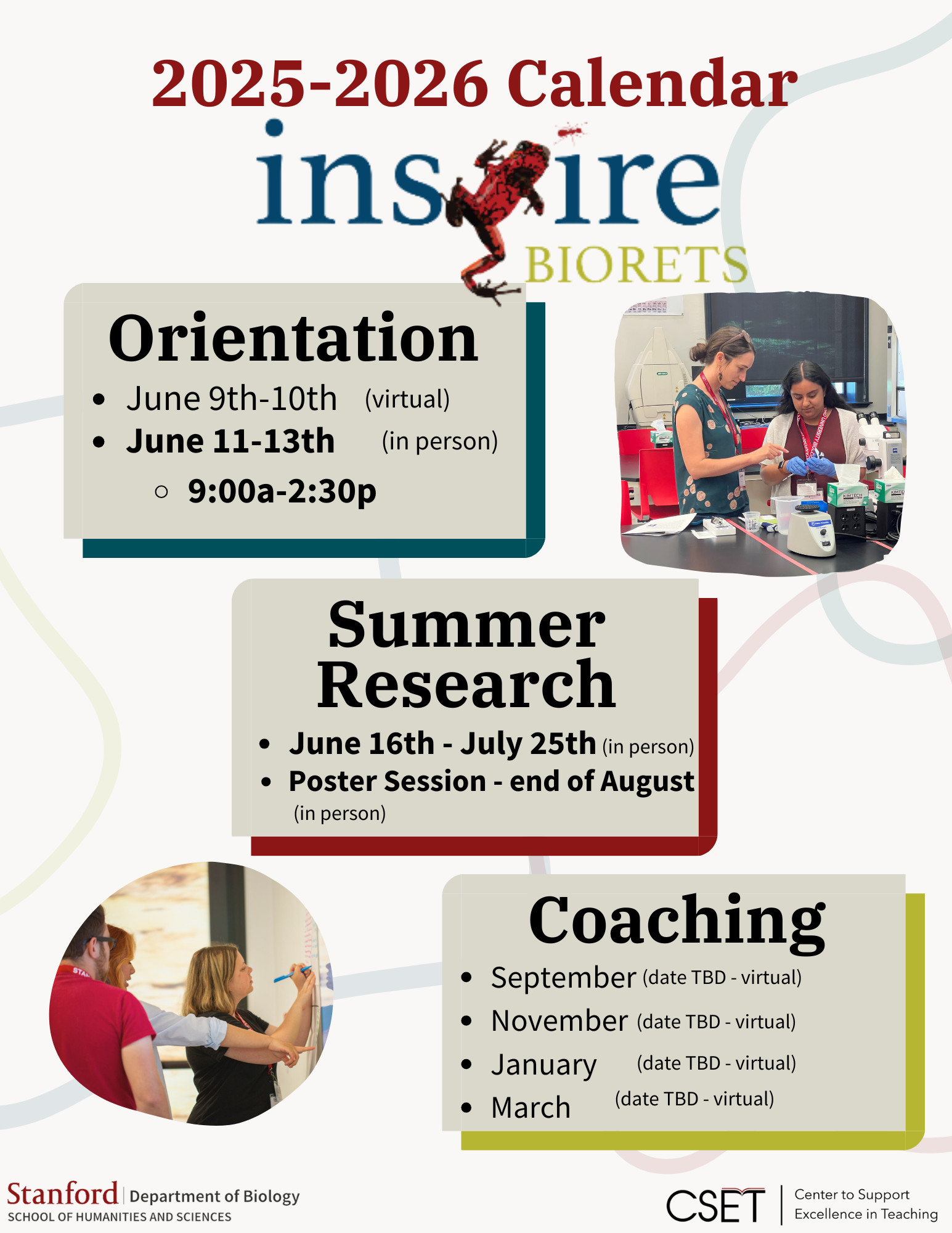
How will I spend my time in this program if I’m selected?
-
During the 6 week summer experience, you’ll spend about 20-25 hours per week working on your research project, and you will spend ~15 hours a week engaged in building your pedagogical skills and creating activities to take back to your classroom.
-
During the school year, you will spend about 1 hour per month engaged in instructional coaching that focuses on your classroom practice.
Would I need to commute to Stanford every day during the summer experience?
-
You’ll be working in your lab ~4 days per week. You will coordinate with your mentor about the specific times and days that you are in the lab.
-
One day a week, we will be doing virtual professional development which can either be done from your lab or from home.
Would I need to pay for parking when I come to campus?
-
You will need to pay for getting to campus. If you choose to drive to campus, we will provide you with a parking pass for the summer.
Why does this program continue during the school year, if the research experience ends during the summer?
-
We firmly believe that transformative professional development is on-going, and we want to support you when you apply what you’ve learned in the summer to your classroom practice. We also know that the school year is busy, so we will only engage in 4 remote coaching sessions which will take ~8 hours of your time over the year. Additionally, labs will continue to engage with their teacher during the school year through lab visits to classrooms.
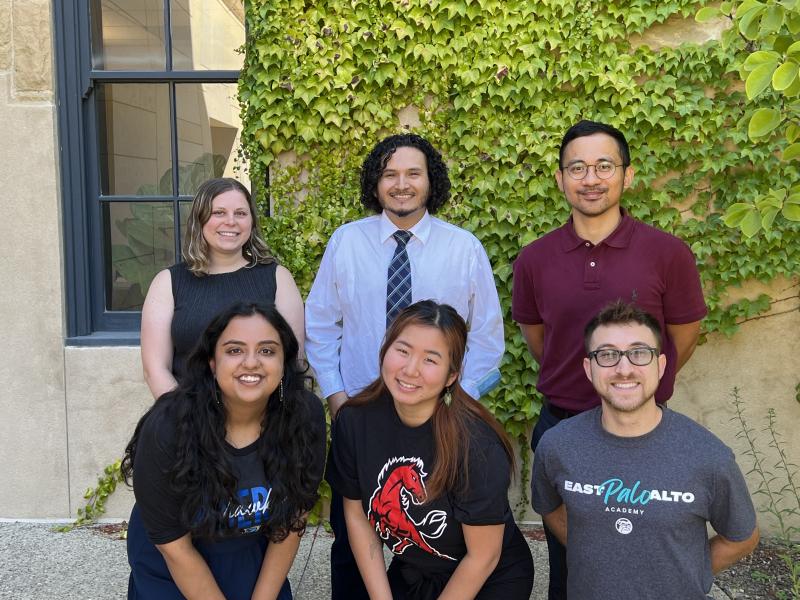
2024-2025 INSPIRE Teachers
The 2024-2025 INSPIRE cohort includes science teachers from 6 schools across the Bay Area. As part of the research experience, teachers presented their research at a poster symposium and generated an Education Transfer Plan that connects their research to their classes. They have been gracious enough to share their posters and unit plans.
Science Research Labs
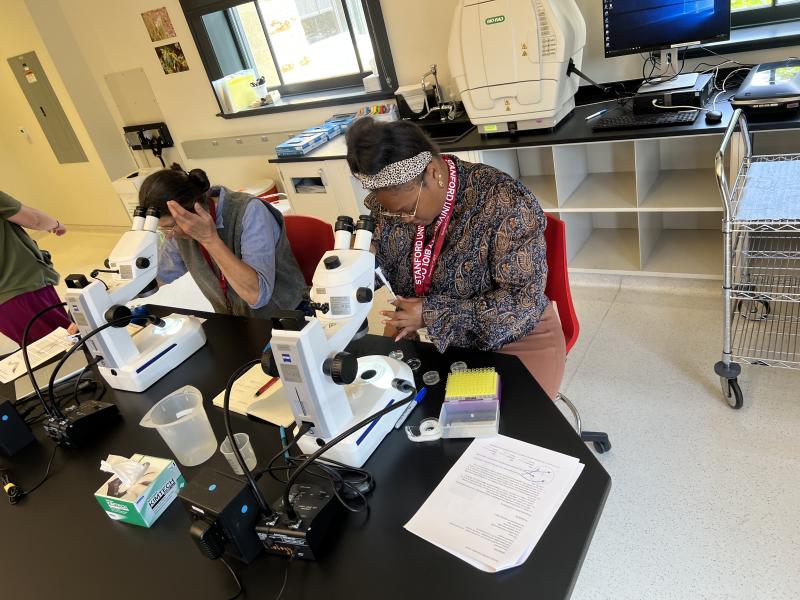
2025-2026 Labs:
- Christopher Barnes, Structural Biology: The Barnes laboratory investigates viral-host interactions and translates knowledge into the rational development of highly protective antibodies.
-
Jonas Cremer, Quantitative Microbiology: The Cremer lab combines experiments and mathematical modeling to investigate the growth behavior of different gut bacteria.
-
Rodolfo Dirzo, Evolutionary Ecology: This lab team examines the ecological forces that determine the patterns of plant-animal interactions and how these interactions are modified by environmental change.
-
Justin Du Bois, Chemistry: Research in the Du Bois laboratory spans reaction methods development, natural product synthesis, and chemical biology, and draws on expertise in molecular design, molecular recognition, and physical organic chemistry including chemical synthesis and ion channel physiology.
-
Tadashi Fukami, Community Ecology: The main focus of the Fukami lab is historical contingency in the assembly of ecological communities. Members of the work on the host-microbe interactions with an emphasis on flower nectar.
-
Aidee Guzman, Agroecology: The Guzman lab examines how agricultural management impacts biotic interactions (e.g., between plants, insects, and microbes) across scales (e.g., shifts in community structure, cascading changes in ecosystem functioning).
-
Kabir Peay, Fungal Ecology: The Peay lab studies the interconnectedness of nature created by fungal symbioses, and the ways in which these symbioses sustain ecosystems and maintain biodiversity.
- Naima Sharaf, Structural Biology: The Sharaf lab uses biophysical tools to characterize the structure and function of bacterial proteins, including membrane proteins and lipoproteins.
2024-2025 Labs:
-
Christopher Barnes, Structural Biology: The Barnes laboratory investigates viral-host interactions and translates knowledge into the rational development of highly protective antibodies.
-
Jonas Cremer, Quantitative Microbiology: The Cremer lab combines experiments and mathematical modeling to investigate the growth behavior of different gut bacteria.
-
Rodolfo Dirzo, Evolutionary Ecology: This lab team examines the ecological forces that determine the patterns of plant-animal interactions and how these interactions are modified by environmental change.
-
Lauren O’Connell, Organismal Biology: The O’Connell lab is focused on how interspecies interactions evolve in the context of acquired chemical defenses.
-
Kabir Peay, Fungal Ecology: The Peay lab studies the interconnectedness of nature created by fungal symbioses, and the ways in which these symbioses sustain ecosystems and maintain biodiversity.
-
Naima Sharaf, Structural Biology: The Sharaf lab uses biophysical tools to characterize the structure and function of bacterial proteins, including membrane proteins and lipoproteins.
2023-2024 Labs
-
Jonas Cremer, Quantitative Microbiology: The Cremer lab combines experiments and mathematical modeling to investigate the growth behavior of different gut bacteria.
-
Rodolfo Dirzo, Evolutionary Ecology: This lab team examines the ecological forces that determine the patterns of plant-animal interactions and how these interactions are modified by environmental change.
-
Elizabeth Hadly, Global Change Biology: The Hadly lab specializes in researching and communicating about how people are changing the living world.
-
Erin Mordecai, Disease Ecology: The Mordecai lab studies the ecology of infectious disease by combining mathematical models with empirical studies.
-
Lauren O’Connell, Organismal Biology: The O’Connell lab is focused on how interspecies interactions evolve in the context of acquired chemical defenses.
-
Molly Schumer, Evolutionary Biology: The Schumer lab studies how hybridization, or genetic exchange between species, impacts basic evolutionary and genetic processes.
-
Justin Du Bois, Chemistry: Research in the Du Bois laboratory spans reaction methods development, natural product synthesis, and chemical biology, and draws on expertise in molecular design, molecular recognition, and physical organic chemistry.
Inspire Team
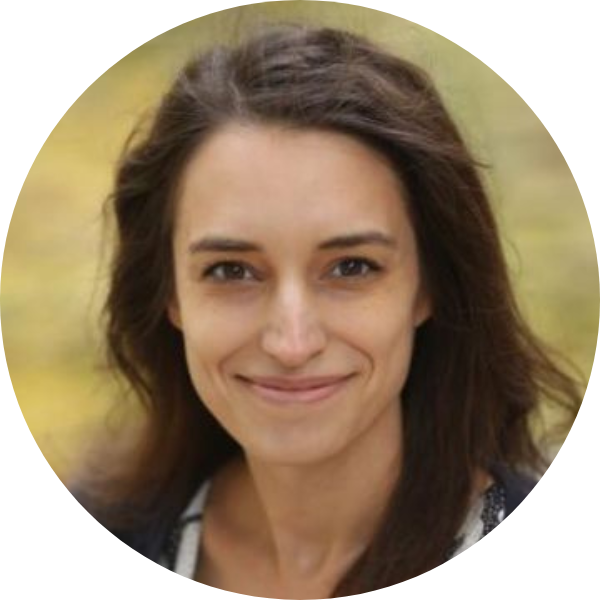
Lauren O’Connell
Dr. O’Connell is an Assistant Professor in the Department of Biology at Stanford University. She studies amphibians to learn how animals adapt their behavior and physiology to changing environments.
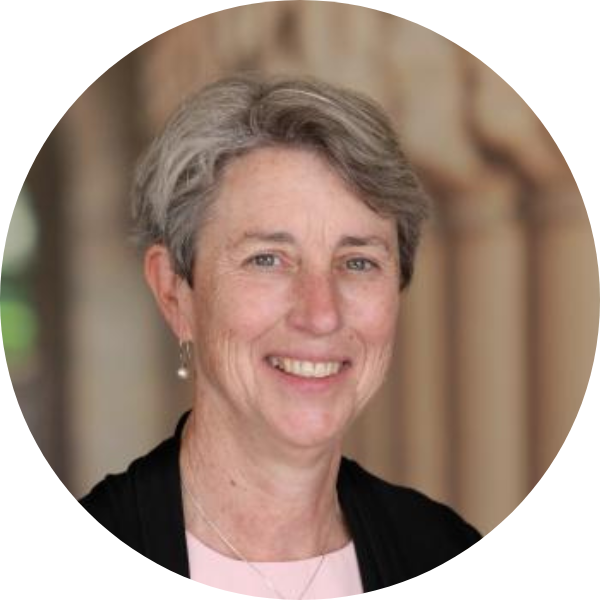
Janet Carlson
Dr. Janet Carlson's research interests include the impact of educative curriculum materials and transformative professional development on science teaching and learning.
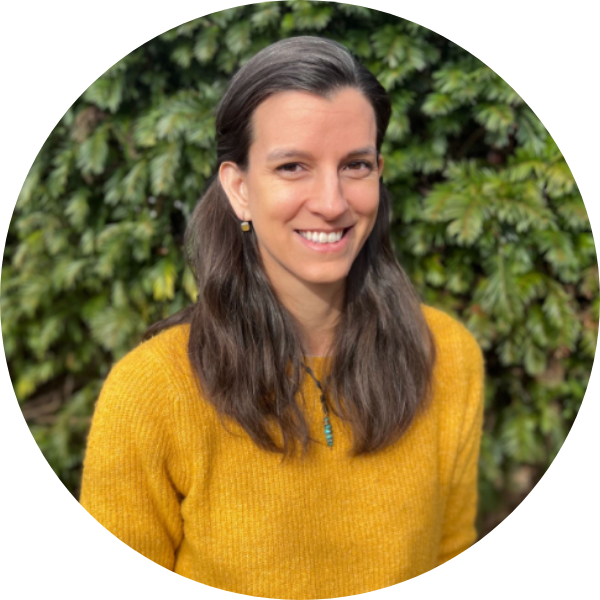
Rachel Zulick
Rachel Zulick is a professional development facilitator and pedagogical coach whose focus is on supporting teachers in growing their practice so that every student can share their brilliance and change our world for the better.
